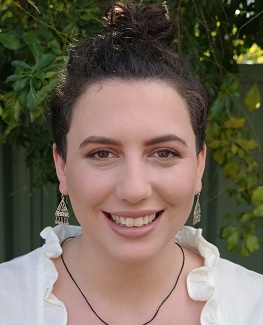Chinese telco heavyweight Huawei says it may have to halve its Australian workforce.
The decision comes one year after the government banned the telco from supplying equipment to build the 5G network.
Huawei responded by cutting 100 jobs out of its 700-strong workforce, according to the Sydney Morning Herald, and plans to cut hundreds more.
In an email to the Australian Mobile Telecommunications Association, Huawei’s Director of Corporate Affairs, Jeremy Mitchell, said the “upcoming job losses” are a result of the 5G ban.
"The 5G ban is already impacting our business with 100 job losses and if the 5G ban continues on all Chinese companies, we expect that number to grow to over 400 in the next two to five years," Mitchell said.
“These jobs are highly skilled, technology-based jobs that unfortunately don’t seem to be being picked up by our competitors, again another major impact to the whole industry.”
This statement is at odds with claims IT professionals are hotly sought after, especially in the finance sector. According to ACS’ Digital Pulse 2018, the demand for IT professionals will grow to 758,700 roles by 2023.
Huawei predicts without their equipment, building the 5G network will cost the government 30 per cent more, according to the Sydney Morning Herald.
“It is simply irrefutable that excluding Huawei from the Australian 5G market means Australians will be paying about 30 per cent more and – worst of all – getting inferior 5G services,” a spokesperson said.
Additionally, Huawei says Australia is going against the status quo.
"The policy is out of step with the way the rest of the world is going and as leaders in our industry, we would have liked to see more fight for our whole industry and, most importantly, Australian consumers as has happened in Europe and the UK,” Mitchell said.
Chairman of Huawei Technologies, John Lord, told Nikkei Asian Review that the job cuts will mostly affect Huawei engineers. But the ban will also affect the telco’s partners Optus and Vodafone.
"It's really hit them quite hard – one, in the pocket, and two, in their ability to develop future systems,” Lord said.
Yet despite the ban and subsequent job cuts, Lord says Huawei doesn’t plan on leaving Australia.
Without 5G to keep the telco busy, Lord said it will be restructuring business with a focus on areas that won’t be attached to security concerns, such as its AI technology StorySign which CEO of Deaf Australia Kyle Meirs “hailed” a success at the National Press Club last week. StorySign is a free app which translates written text into sign language to help deaf children read.
Huawei Australia’s CEO Hudson Liu said earlier this month that, while he accepts the Australian policy may not change in the short term, Huawei will not give up on the Australian market.
“We are committed to this country in both the good times and bad times,” Liu said.
“Huawei has already established itself as the clear 5G leader in the global market with 50 5G contracts signed – over half of them in Europe – and commercial services already launched in the UK, Spain, Switzerland, South Korea, the Philippines and others.”
Huawei was banned from participating in building Australia’s 5G network due to security concerns. Then Acting Minister for Home Affairs, Scott Morrison, released a statement outlining exactly what the government took into consideration when formulating the ban.
“5G requires a change in the way the network operates compared to previous mobile generations,” he said.
“These changes will increase the potential for threats to our telecommunications networks, and these threats will increase over time as more services come online.”
Without Huawei in the mix, only two companies – Nokia and Ericsson – are in the running to build Australia's 5G network.






